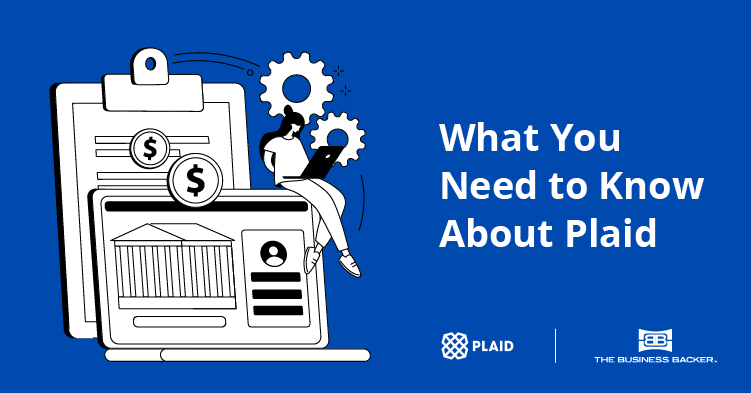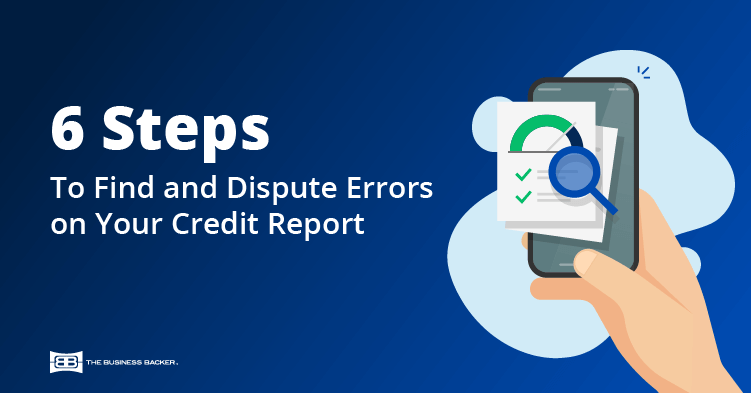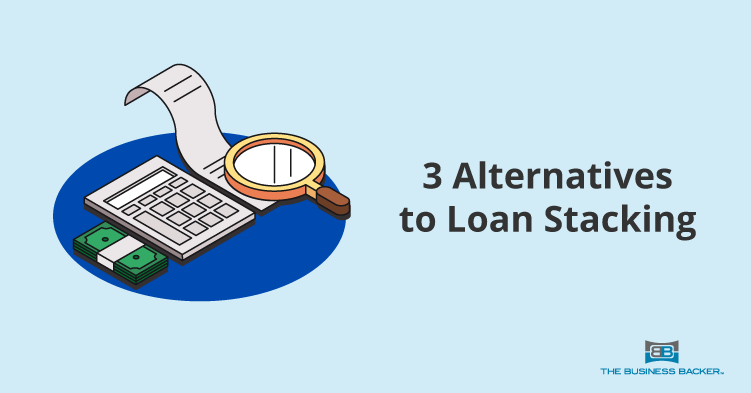What is a business credit score?
We speak to credit score expert Paul Ryan to discover what a business credit score is and how you develop, maintain, and use your score
A business credit score is very similar to a personal credit score. Just like a personal credit score, your business credit score is an official measure of whether your business is likely to repay its credit, loan, or debt. Companies, including Equifax, Dun and Bradstreet, and Experian, create and update these scores based on your business payment history and cash flow. With a good business credit score, you can fund your business growth and operations far more easily.
“Credit score companies look at the business’s payment history. They check if you are paying on time and confirm whether your business might be a little late in paying its credit or, worst case, delinquent. That’s the number one check credit agencies check,” said Paul Ryan, Business Solution Architect, ProSource. “I advise organizations to ensure that any type of credit you use is provided to the credit agencies. These include credit, leases, credit cards, and any other vendors or other payments that may not be applied to a credit score automatically.”
Establishing a line of credit is








